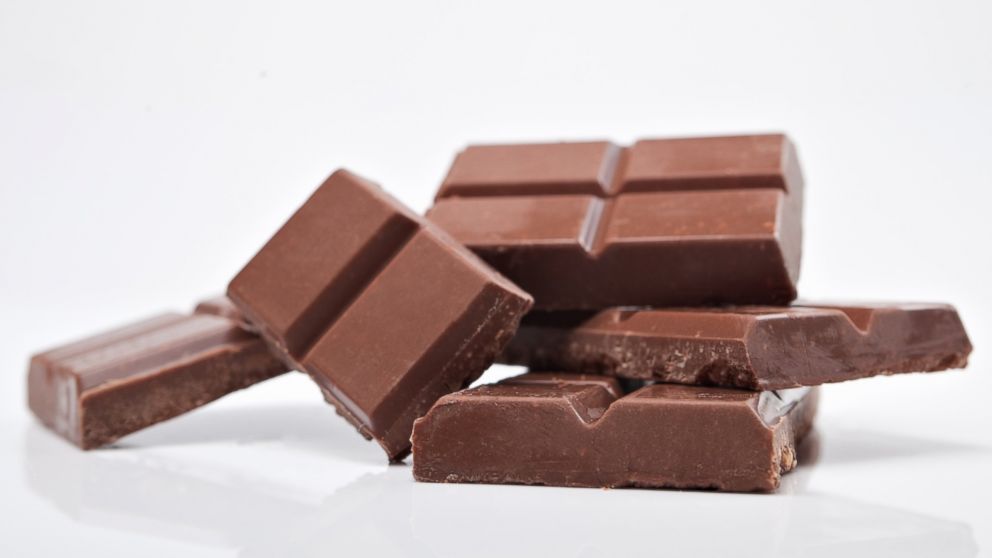Cocoa Shortage! Whither Cakes, Cookies?
The world faces a cocoa shortage worse than any in the past 50 years.

Dec. 18, 2013 -- The world is facing its worst cocoa deficit in 50 years, experts say. Will Aunt Sally still be able to bake her famous chocolate cake for New Year's? And if so, at what exorbitant cost?
Cocoa demand exceeds output, and the gap will balloon over the next 10 months to some 70,000 metric tons, according to the International Cocoa Organization (ICCO).
And that shortfall may persist for six years -- the longest-running cocoa-gap since the ICCO began collecting data in 1960. A Bloomberg survey of commodity traders finds they think prices could spike 14 percent to $3,200 a ton by the end of 2014.
$120,00 worth of chocolate stolen in food heist
Ashmead Pringle, president of GreenHaven Group in Atlanta, manages a commodities index fund that owns some $20 million worth of cocoa. He told ABC News that cocoa has problems that other commodities, such as corn or wheat, do not.
"It's produced in countries in West Africa that tend to be politically unstable," he said. "And the weather can be difficult to predict."
The trees that produce cocoa produce it year-round. But most subsistence farmers do not, Pringle said, because cocoa typically is not their primary crop. It doesn't get their first attention, even when its price is rising.
One reason is that farmers don't get much if any benefit from a price increase. "Farmers have been getting the short end of the stick," he said. "Their share of what a consumer pays for a bar of chocolate has gone down. It's the processors and retailers who are getting more."
As cocoa production has decreased, world demand has been going up, Pringle said. Sales should hit 7.3 million tons next year -- a record. Demand is great, owing to the fact that once-poor populations are becoming middle class, so emerging nations have more money to spend, he said.
So, what does it all mean for Aunt Sally and her cake? Or for you, the next time you buy a chocolate bar?
For Hershey, said spokesman Jeff Beckman, it does not mean much -- at least not now. An increase in commodity prices does not translate automatically into a higher price for finished chocolate, he said, in part because Hershey and most other major confection manufacturers have hedging strategies that protect them from swings in the spot price. "Hershey has an active hedging program," he told ABC News. "We take futures positions anywhere from three to 24 months out."
Susan Smith of the National Confectioners Association said Aunt Sally needn't fret either. Come New Year's Eve, cocoa and chocolate will both still be available and affordable. "When she goes out to buy ingredients," said Smith, "she won't be surprised at the cost. That should be true a year from now, too."
Lays' chocolate-dipped potato chips
Longer term, it's hard to predict where consumer prices for cocoa and chocolate will go. Pringle and Smith agreed.
Just because the ICCO forecasts a long-lasting deficit, it doesn't mean there will be one, Pringle noted. Cocoa prices now, while rising, still aren't as high as they were four years ago.
"Historically for the last 20 years cocoa has gone through periods of annual production surpluses and production deficits. I'm not persuaded deficits will last. Rising prices have a tendency to stimulate production," he said.